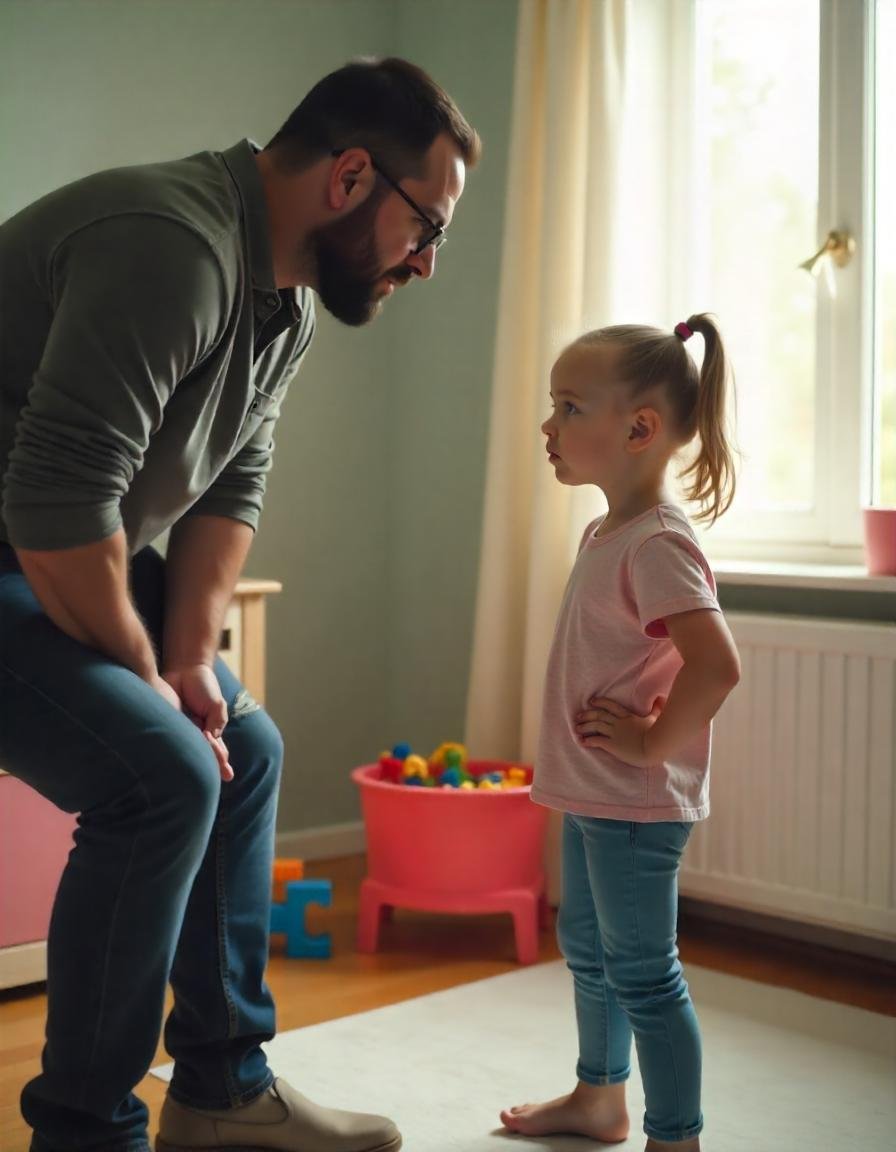Navigating Talk Back: 5 Tips to Handle Disrespect with Calmness and Connection
If your child has ever snapped “shut up!” or talked back, you know just how triggering and frustrating it can be. You’re not alone in facing this challenge, it’s something many parents deal with, and while it’s tough, there are ways to approach these moments that can actually build stronger communication and understanding. So, let’s dive into five tips to help you navigate back talk with calmness and compassion.
1. Stay Calm and Avoid Escalation
It’s incredibly difficult not to react when a child talks back, but your response has the power to either escalate or de-escalate the situation. The magic lies in taking a deep breath and staying calm. Responding with anger or frustration will likely intensify the conflict, while a calm approach gives your child space to rethink their words. By not matching their emotional intensity, you show them how to manage difficult emotions and create an environment where real communication can happen.
2. Foster Compassion and Curiosity
When faced with talk back, try shifting your mindset from “They’re being disrespectful” to “What might be going on here?” A helpful mantra could be: “My child is doing the best they can right now. I wonder what’s behind this behaviour?” Often, talk back can be a signal of underlying issues like jealousy, a need for connection, developmental changes, or even hormonal shifts. By approaching your child with curiosity instead of frustration, you’re more likely to get to the heart of what’s really bothering them and address the root cause.
3. Respond with Connection and Boundaries
It’s important to respond to talk back with a balance of empathy and clear boundaries. You might say something like, “It sounds like something is bothering you, but it’s not okay to speak to me like that,” or “I can see you’re upset, and I’m here to listen, but we need to talk respectfully.” This approach acknowledges their feelings while also reinforcing that respect is non-negotiable. It’s about showing that you understand their emotions but won’t tolerate hurtful words.
4. Monitor Media Influence
Sometimes, children pick up negative language or attitudes from the media they consume. Whether it’s TV shows, movies, or video games, kids are constantly absorbing what they see and hear. Take a moment to evaluate the media your child engages with. Are they being exposed to disrespectful language or behaviours that might be influencing how they speak at home? By being mindful of what they’re watching or playing, you can guide them toward more positive role models and examples.
5. Model the Behaviour You Want to See
Children are always watching us, even when we think they’re not. They learn how to communicate and handle conflict by observing how we do it. If we want them to speak with respect, we need to model that behaviour ourselves. Reflect on your own tone and language. Are you demonstrating the same level of respect you expect from them? By being intentional about how you communicate, you set the standard for how they’ll interact with you and others.
Talk back isn’t easy to handle, but by approaching it with empathy, understanding, and clear boundaries, you can turn these difficult moments into opportunities for growth and connection. Parenting is full of challenges, but remember that every small step toward respectful communication makes a big difference in the long run.
P.S. Looking for ongoing support and resources to help you navigate parenting challenges? Join my membership community https://www.hayley-rice.com/membership where you'll find courses, weekly insights, and a network of like-minded parents. Let’s continue this journey together!

